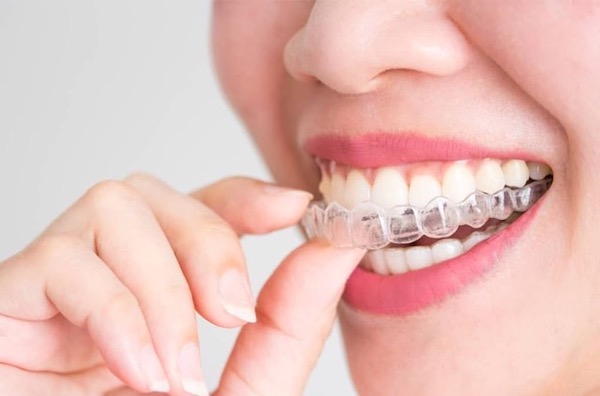Invisalign is a popular orthodontic treatment that has recently gained popularity due to its discreet and aesthetically pleasing design. Unlike traditional braces, Invisalign clear aligners are practically invisible when worn, making them ideal for adults who wish to maintain their professional image while undergoing treatment. But does this advanced technology come with any drawbacks? Does Invisalign affect speech?
The short answer is no, but let’s take a closer look at the issue. In general, most people should not experience any difficulty speaking during the course of their treatment with Invisalign. The custom-made aligners are designed to fit snugly over teeth without putting too much pressure on them or impacting the surrounding tissue. That said, it may take some users a few days to adjust to wearing the aligner and get used to speaking with it in place.
Have a Look at
Do Invisalign Affect Speech?
Some people say that wearing invisalign braces can be difficult when it comes to speaking, because the metal brackets can cause interference with the tongue’s movement. Others claim that the braces don’t have a big impact on speech and that most people don’t notice a difference. Whether or not wearing invisalign braces affects speech is still up for debate, but it’s something to keep in mind if you’re considering getting them.
Does Invisalign Impact Speech?
Invisalign is a type of orthodontic treatment that uses clear aligners to straighten teeth. It has become increasingly popular in recent years due to its convenience and cosmetic appearance, but one potential downside of the treatment is how it may affect speech.
Speech can be affected by any type of dental procedure, including Invisalign. The aligners can cause lisps or whistles because they cover the tongue, lips and other parts of the mouth that are used for speaking. Additionally, some patients find their ability to pronounce certain words is impaired if their teeth are not properly aligned before beginning treatment with Invisalign.
Although there may be some difficulty with speech during an Invisalign treatment regimen, this should subside over time as the patient gets used to wearing aligners and the changes in their bite.

